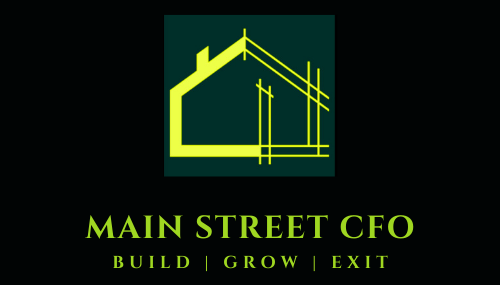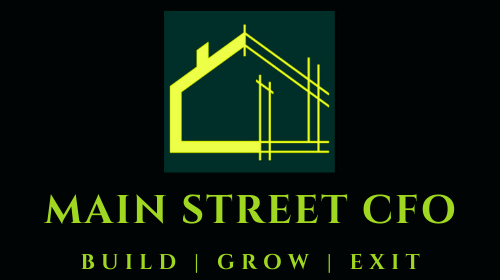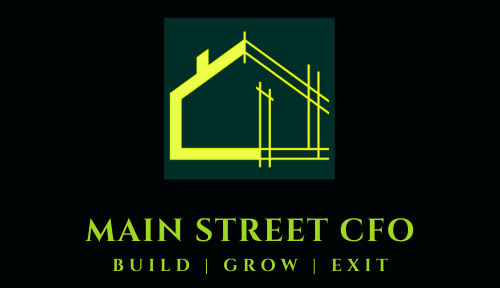Getting money out of your Sole Prop or SMLLC...
Starting a business is an awesome endeavor. It’s one where things can happen at breakneck speed. Often, we’re so focused on running the business (and rightly so) that some of the day-to-day administrative stuff gets lost in the mix.
One of those things is, “how the heck do we get money out of the business?”
In this article, we will be discussing the process for sole proprietors & single member LLC’s.
A sole proprietor or single-member LLC owner can withdraw money from the business in different ways. Here are a few of the main options:
Sole Proprietor:
Owner's Draw:
The sole proprietor can take out money through an owner's draw, which is simply withdrawing money from the business account for personal use. You’d literally withdraw money from the business account and deposit it into your personal account. This is not considered a salary or wage but rather a distribution of the business profits.
The draw itself is not subject to taxes. The sole proprietor pays income and self-employment tax on the net income of the business, whether or not it’s taken out as a draw.
Reimbursement of Expenses:
If the owner has paid for business expenses out of personal funds, they can reimburse themselves from the business account. The manner of how this happens is important. Again, the reimbursement must be made from the business account to the owner. The business then records that transaction as a deductible expense. Another very important thing to mention is that the business account should never directly pay for personal expenses of the owner. It’s a common belief that, since the owner can take out money from the business account, that paying personal expenses right out of the business account is just semantics. IT’S NOT. If you want to pay personal expenses, take a draw, deposit it into your personal account and then pay the personal expense.
Single-Member LLC:
Owner's Draw:
Like a sole proprietorship, the owner of a single-member LLC can take an owner's draw. The LLC's profits are passed through to the owner's personal tax return regardless of whether or not the owner takes the money out or lets it sit in the bank and is reported on their 1040. The draw itself is not subject to income or payroll taxes.
The owner must pay income and self-employment tax on the net income of the LLC.
Salary (if elected to be treated as an S corporation**):
If the single-member LLC has elected to be treated as an S corporation (by filing Form 8832 or Form 2553 for S-Corp status), the owner must take a reasonable salary. This salary is subject to income and payroll taxes that the LLC must withhold and remit via payroll tax returns.
Distributions:
In addition to a salary, if the LLC is treated as an S-Corporation, the owner can also take distributions of the remaining profits. These distributions are not subject to income or self-employment tax. The activity from the S corporation that affects the owners tax liability is all reported on the owner's personal tax return via Form K-1.
** There are a lot of moving parts when deciding what is “reasonable” with respect to the salary of a S corporation shareholder. Many people believe that it’s based on net income, it isn’t. It’s based on distributions….this discussion is beyond the scope of this article, so PLEASE, talk to your tax advisor.













